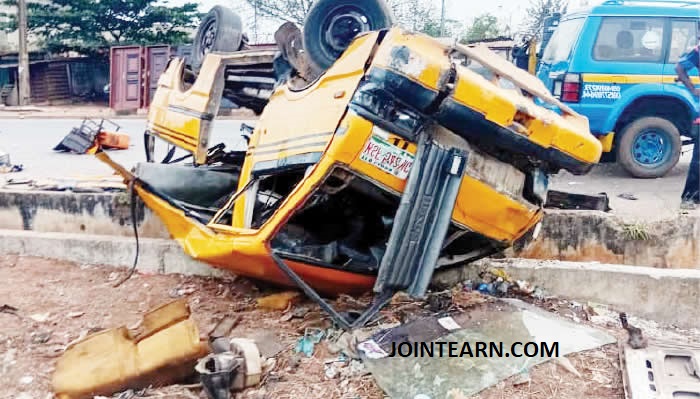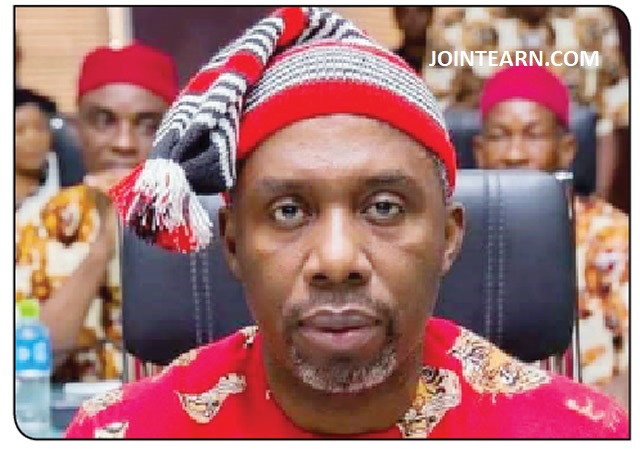The leadership crisis within the Labour Party (LP) has deepened, particularly over the weekend, following the party’s failure to secure even a single local government area in the recently concluded Abia State local government elections. This disappointing result is being interpreted as a reflection of how the internal turmoil at the national level has negatively impacted the party’s local standing.
For some time, the LP has been grappling with a leadership dispute, which intensified when prominent figures like former presidential candidate Peter Obi and Abia State Governor Alex Otti distanced themselves from the leadership of Julius Abure. The leadership struggle stems from accusations of corruption and financial mismanagement directed at the Abure-led executive. Obi and Otti, alongside other LP members, nominated former finance minister Mrs. Nenadi Usman as the caretaker chairperson, leading to the formation of a 29-member committee to oversee the party’s activities.
However, despite these efforts to reform the leadership, Abure has remained in control, particularly after a Federal High Court ruling on October 7, 2024, which reaffirmed his position as national chairman. Though there are unofficial attempts to mediate and resolve the ongoing crisis, the latest local election results have added a new layer of complexity. Abia State, the only state under LP control, saw the Zenith Labour Party (ZLP) win 15 out of 17 local government areas, with the Young Progressive Party (YPP) securing the remaining two.
Reports suggest that the faction led by Otti urged its supporters to contest the election under other party banners, notably ZLP, due to the leadership strife within the LP. Prince G.O. Ndubueze, the state chairman of the Labour Party loyal to Abure, dismissed the election results as rigged. He claimed that the outcome had been pre-determined, with the results of the local government areas already “written” before the votes were cast. Ndubueze further criticized the legitimacy of the election, asserting that it could not be used to predict the party’s future success or represent the true will of the people.
In contrast, YPP’s state chairman, Nelcin Uluocha, rejected these claims, attributing his party’s success to hard work and electoral preparation. He argued that political speculation should not overshadow the actual efforts made by his party and noted that the previous general election had demonstrated the strength of their campaign.
Emmanuel Nwaeze Otti, the LP’s factional chairman aligned with Governor Otti, was more conciliatory, declaring the election to be free and fair. He suggested that electoral outcomes are natural in a competitive environment and emphasized that disagreements within the party should not lead to unnecessary conflict.
Amid these party divisions, political communication expert Ata-Awaji Anthony expressed concern about the state of democracy in Nigeria, particularly in light of the recent local government elections across various states. He commended the judiciary for strengthening local government administration, but criticized the results in many states where candidates from the ruling parties emerged victorious. Anthony argued that such outcomes raise questions about the fairness of the process and warned that the current political climate in Nigeria could threaten democratic principles. He highlighted the importance of having multiple party representations to ensure checks and balances, and he suggested that the concentration of power in the hands of state governors was increasingly resembling authoritarianism, thereby putting democracy at risk.












